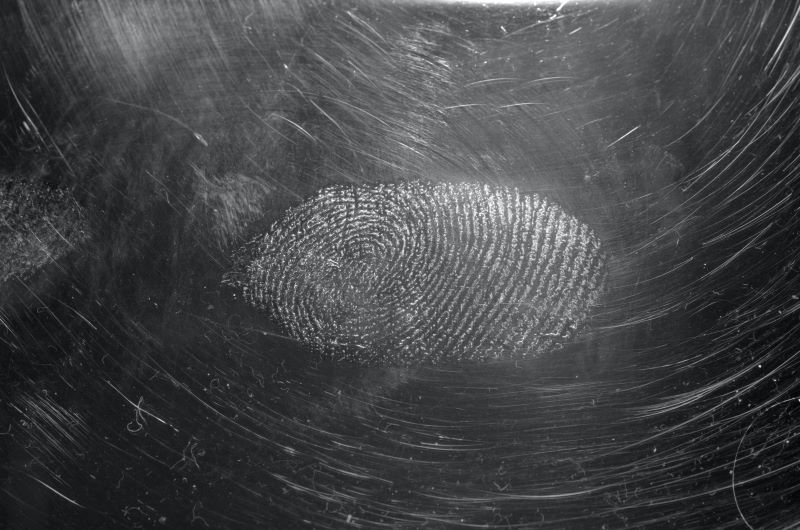Orbital-built geosynchronous satellites launched for USAF

Orbital Sciences Corp., a space technology company, has announced that three satellites the company designed, built and tested for the U.S. Air Force were successfully deployed following their launch aboard a Delta IV rocket from Cape Canaveral, FL on July 28, 2014.
These deployments continued Orbital’s “summer surge” of operational activity that has included the fourth launch of its Antares rocket which deployed the third Cygnus cargo logistics spacecraft, a launch of the company’s OBV long-range missile defense interceptor, the deployment of the Orbiting Carbon Observatory-2 satellite for NASA, and the successful launch of three suborbital research rockets, all of which took place since late June.
“The capabilities of the GSSAP and ANGELS satellites demonstrate Orbital’s innovative operational approaches in support of our customers’ vital missions”
This week’s launch carried two Orbital-built satellites for the Air Force’s Geosynchronous Space Situational Awareness Program (GSSAP). The spacecraft will operate in near-geosynchronous orbit, collecting Space Situational Awareness (SSA) data for more accurate characterization of man-made objects in Earth orbit. The goal of the program is to enhance the country’s knowledge of the geosynchronous orbit environment for more timely and accurate orbit predictions to improve spaceflight safety.
The Delta IV rocket also carried the Automated Navigation and Guidance Experiment for Local Space (ANGELS) satellite, another Orbital-built spacecraft for the Air Force Research Laboratory (AFRL). As part of AFRL’s research in the SSA field, the ANGELS program will examine techniques for providing a clearer picture of the environment around the country’s vital space assets. The ANGELS spacecraft will conduct experiments in close proximity to the spent upper stage of the Delta IV rocket that launched it into orbit. The Air Force will use the results to evolve the ability of future space systems to responsively perform SSA activities from a safe distance from observed objects.
“The capabilities of the GSSAP and ANGELS satellites demonstrate Orbital’s innovative operational approaches in support of our customers’ vital missions,” said Mr. Christopher Long, Orbital’s senior vice president of national security satellite programs.








